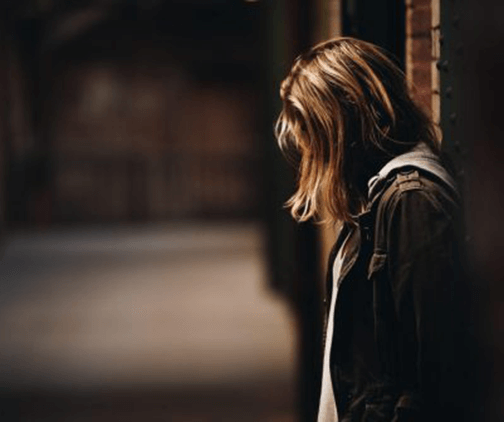I hate vulnerability. It is painful, uncomfortable, and frightening. I hate uncertainty, too. I want to be certain of everything. I never knew that I had issues with vulnerability and shame until I started a journey of healing. The pandemic gave me time for reflection that caused me to decide to heal from the past and search for answers.
In my quest for enlightenment, I studied the vulnerability and shame research of Dr. Brené Brown. I have found her books and talks on YouTube immensely helpful and insightful. In a series of blogs, I will share this journey with you.
I was 16 when my mother died. I didn’t know how to cope with the loss. It was the most vulnerable time of my life. The loss was fresh and raw when I reached out to a good friend for support. Instead of empathy and comfort, my friend expressed contempt and indifference, and refused to speak to me ever again. I was stunned and shaken. This new world without my mother was really painful. I retreated inward after that experience. I had no idea what I had done to cause my friend to reject me, and I was terrified of it ever happening again.
After that I decided to reach out to adults. Two of them were teachers at school. I looked up to them. They had wisdom and life experience that I didn’t have. I asked them for advice about coping with the loss of my mother and how to deal with things at home. One teacher was a supportive mentor, the other only initially supportive, later turning angry. That teacher made the last month of my senior year a living hell, telling me I was bothersome and a burden. As a result, not only was I dealing with grief, but also with humiliation.
I still carry the scars from that trauma 16 years later. It was as life-changing as the death of my mother. It became the lens through which I view every interaction and relationship. I internalized the message that I am a bad person. I must be, to deserve that kind of treatment! I am afraid that something like that will happen again, and I panic if something feels “off” with someone who I have let get close to me. I resist the urge to build walls around my heart, or run away—to hurt them before they can hurt me. Showing care and gratitude to other people can be extremely difficult. Writing a thank-you note, dropping off a gift, or giving complements and positive affirmations can trigger a panic attack. My empathetic heart is overpowered by the fear of being vulnerable.
It wasn’t until I studied Brené Brown’s work that I finally had a name for what this is: shame. Brown’s definition of shame is, “The intensely painful feeling or experience of believing that we are flawed and therefore unworthy of love and belonging.” Shame is feeling “I am bad.” From the painful betrayals I experienced came the belief that something was wrong with me, that people really don’t care about me and I am unworthy of support and empathy. Even now, I frequently wonder why anyone would want to be my friend. I worry about being “too much” or a bother to them.
Reading Brown’s books, I discovered that the problem wasn’t so much me, as it was with whom I shared my story. I picked the wrong people to share my story. In her book The Gifts of Imperfection, Brown writes:
If we share our shame story with the wrong person, they can easily become one more piece of flying debris in an already dangerous storm. When we’re looking for compassion, we need someone who is deeply rooted, able to bend, and, most of all, we need someone who embraces us for our strengths and struggles. We need to honor our struggle by sharing it with someone who has earned the right to hear it. When we’re looking for compassion, it’s about connecting with the right person at the right time about the right issue.
The two people who hurt and betrayed me were not strong enough to bear the weight of my story. I was a vulnerable, grieving, lost kid trying to pick up the pieces of my shattered heart after the loss of my mother, and I chose the wrong people for support and sharing my story. I was too young to know who was a safe person to confide in.
Despite the pain of my past, I believe it is important to share your story with the right people. It takes great courage to allow others to see the messy parts of our lives and the pain we carry in our hearts. When we are brave enough to allow someone to see the darkness in our soul and we hear “me too,” the demons of our past cannot survive the depth of that connection. It is a real gift and privilege to experience that with someone. We realize that we aren’t as alone as we think. When we connect with others with our stories, we heal from pain. This is the power of vulnerability.


One reply on “Journey of Healing Part 1 – Vulnerability in sharing my story”
Thank you for sharing your story. I hear you.
I didn’t know that shame is the name of the constant pain deep within me.
I have those books by Brene- now I realize that they are well worth the time to read them.
Thanks again. I appreciate your courage to share your story.